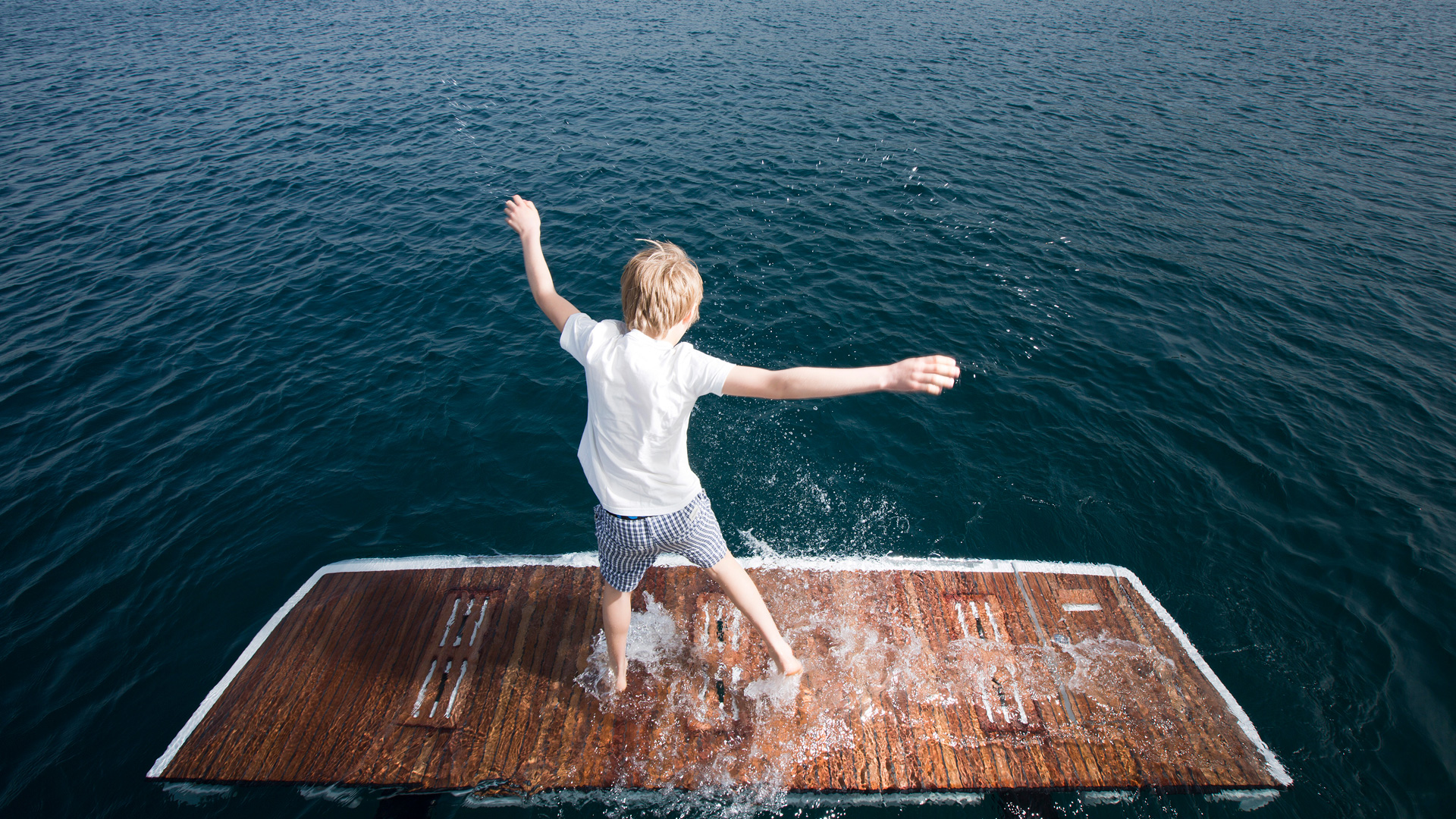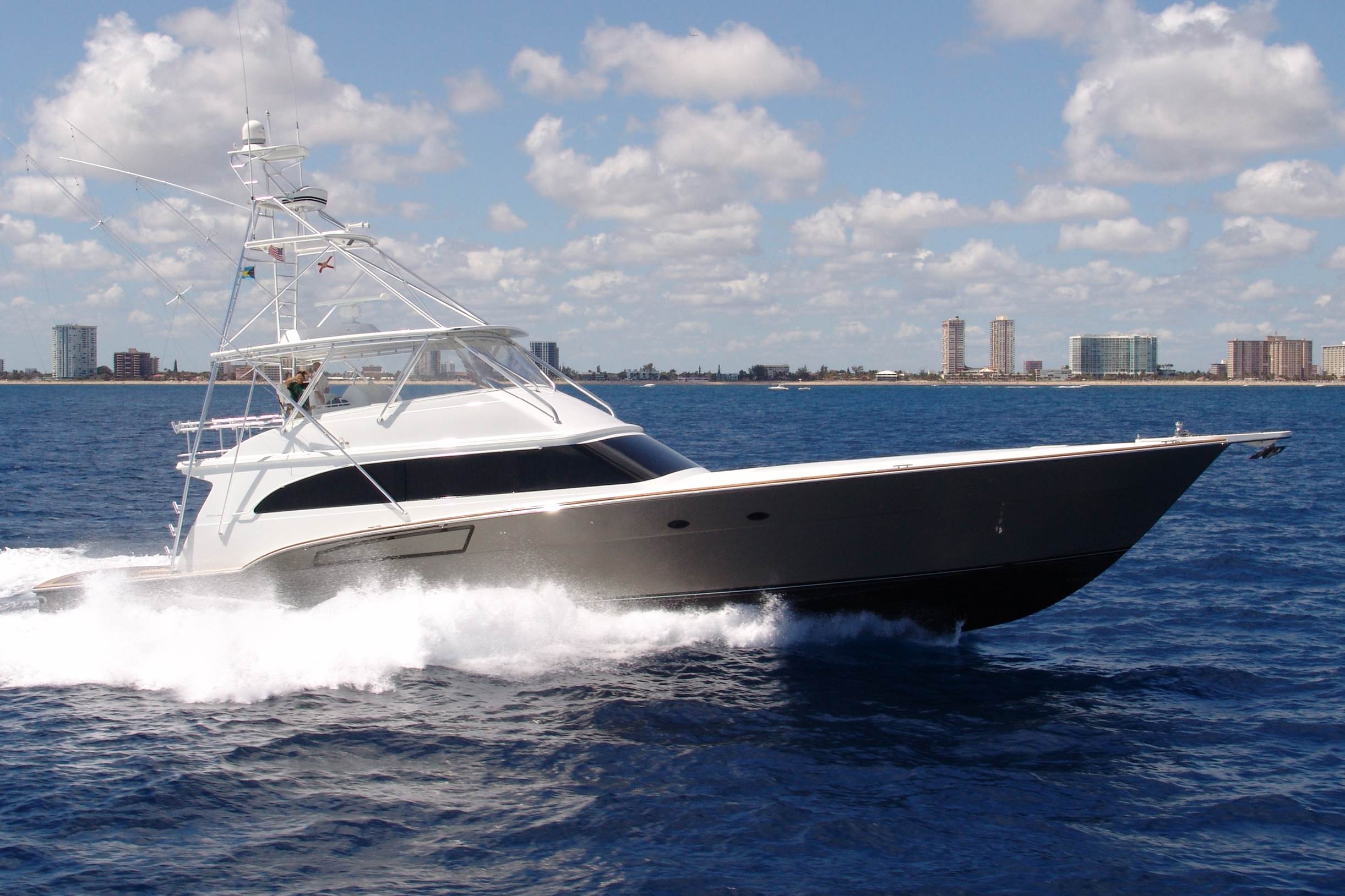
Simple tips for eco-friendly yachting
Here’s how you leave a mark – positively – on the environment
Consider for a moment that the very thing going greener will save, is the thing that boats travel on. That is the importance of sustainable yachting. This passion loses so much of its sparkle when the sea is polluted and the ecosystem is not thriving. Here then are some simple tips that every boater can use for eco-friendly yachting.
Careful refueling
Most boats use fossil fuels, so the best thing a boater can do is to eliminate any kind of spillage. Use a funnel if the fuel nozzle doesn’t fit perfectly into the intake, or place a cloth around it to catch any drips. Seasoned boaters know the change of tone in their fuel tanks as they approach full capacity, so go slowly if you’re new to the vessel. Moreover, the US Coast Guard recommends filling inboard tanks only to 90% capacity to allow for expansion due to heat. If a spill does occur, wipe it up ASAP and dispose of the rags properly – the dock operator usually knows the best way to do so.
Upgrade!
Older engines are less efficient at burning fuel, while newer ones with four-stroke technology – or even new generation two-stroke outboards – are highly efficient at internal combustion. Sure the initial cost may be significant, but it is a worthy price to pay to enjoy – and continue enjoying – this passion. Boaters can also invest in solar panels if space permits. The energy generated here can be stored to power lights and other electrical equipment. And speaking of illumination, consider swapping out older bulbs for LEDs. This is a sure way to have more light, and save energy at the same time.
Service your boat religiously
While we’re on the subject, a well-serviced engine is an efficient engine. An efficient engine means better combustion and less wasted fuel. What’s more, having a regular schedule ensures that preventive maintenance can be done instead of costly repairs. Take the time to inspect the bottom of the vessel as well, as a cleaner surface means less energy wasted to friction.
Environmentally-sensitive products
Avoid cleaning products with chlorine or bleach, and opt for anything that is non-toxic and environmentally-friendly. If unsure about the product, just give the friendly experts at our Chandlery a buzz and they will love to help out. Interestingly, boaters can also opt for more sustainable materials to incorporate into boat-building as well. For example, teak wood decking can be replaced by cork, which is a more sustainable material.
No single-use plastics
No one ever goes on a boat and decides to litter overboard. However, a stray plastic bag can be caught by a gust of wind, or plastic utensils can accidentally drop out. Their end destination is, unfortunately, a place they should not be. So, remove any packaging before they go on the vessel, bring containers that are reusable, outfit the galley with proper utensils – in short, avoid single-use plastics wherever possible.
Fishes are friends

For wildlife enthusiasts, perhaps the best thing to do is to minimise the impact of entering an animal’s habitat. Some guides say to remain 100 metres away from them if possible. To this end, bring a good pair of binoculars for whale-watching. When choosing a mooring spot, sand and mud bottoms are better for the environment, and mooring buoys are best. For catch and release anglers, make sure hands are wet before handling the fish as this protects their mucous layer. Microfilament fishing lines must also be recycled (or brought back to shore for disposal), as they can kill wildlife by entanglement or ingestion.
As the conversation on sustainability and our responsibility to the environment continues, let’s take a moment as boaters to do what we can as well. More and more boat builders are doing their part too – like Ferretti Group’s new plant in Ancona that uses 79% less electricity. There’s no denying the fact that yachting is inherently an activity that has an impact – what that impact is, and how large it is, is up to us.


